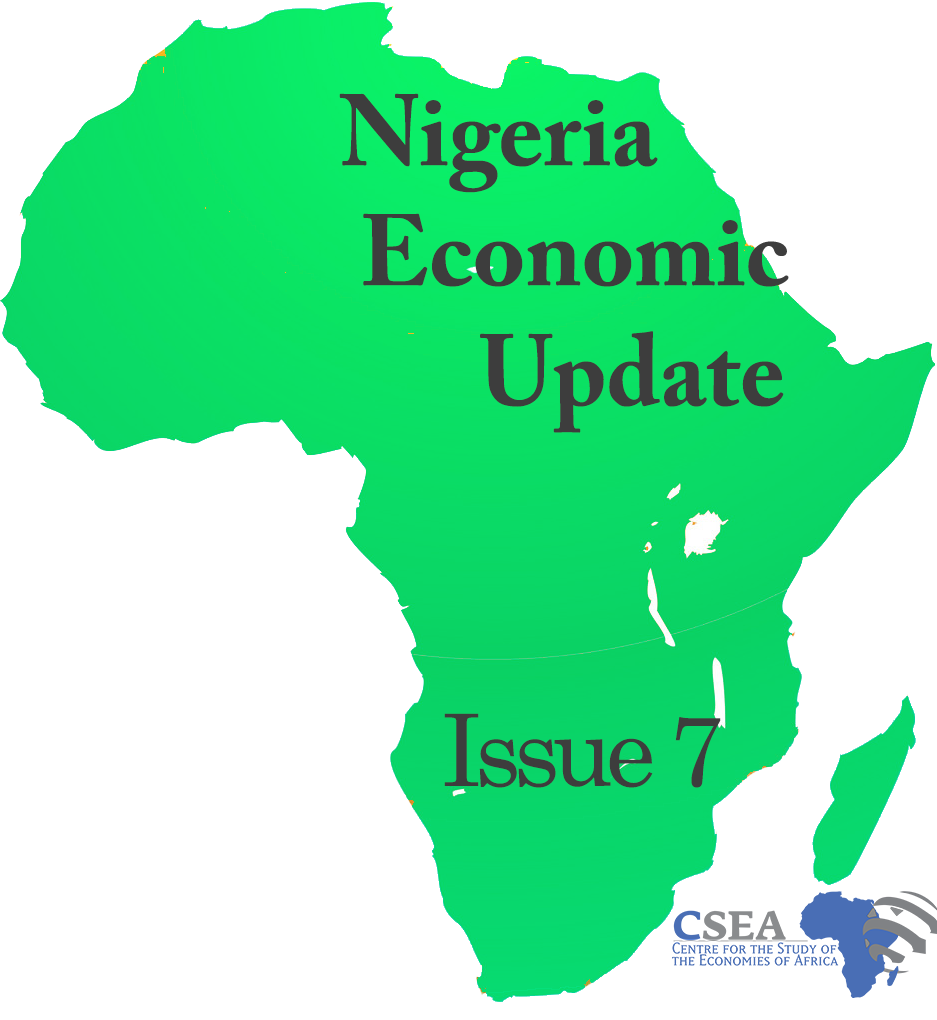Nigeria’s economy has shown sustained signs of recovery. Real GDP growth rate rose Year-on-Year by 2.38 percent in 2018Q4, as against 1.81 percent recorded in the preceding quarter – an increase of 0.57 percentage points.1 Non-oil sector remained the focal point for the economic expansion – growth in the sector’s activities improved to 2.7 percent from 2.3 percent and contributed approximately 93 percent to real GDP. The numbers unveil key high-performing non-oil activities during the quarter, with services manufacturing, and agriculture leading the pack. Going forward, the economy is expected to continue registering positive growth following a more stable political economy. However, inadequate credit among other factors may hinder the non-oil sector from scaling. The CBN may consider revising the banking regulations to include loan quotas for sectors with high growth and revenue-generating potential.
Macroeconomic Report & Economic Updates

March 12, 2019
Nigeria Economic Update (Issue 7)
Nigeria’s economy has shown sustained signs of recovery. Real GDP growth rate rose Year-on-Year by 2.38 percent in 2018Q4, as against 1.81 percent recorded in the preceding quarter – an increase of 0.57 percentage points.1 Non-oil sector remained the focal point for the economic expansion – growth in the sector’s activities improved to 2.7 percent […]
Read →
Related
Analysis Of Bilateral Trade In UEMOA The Implications Of Trade Effects
The paper examines the
implications of trade effects in bilateral trade drawing evidence from West
African Monetary and Economic Union (UEMOA). It also discusses the importance
of political stability to trade in ECOWAS countries.
